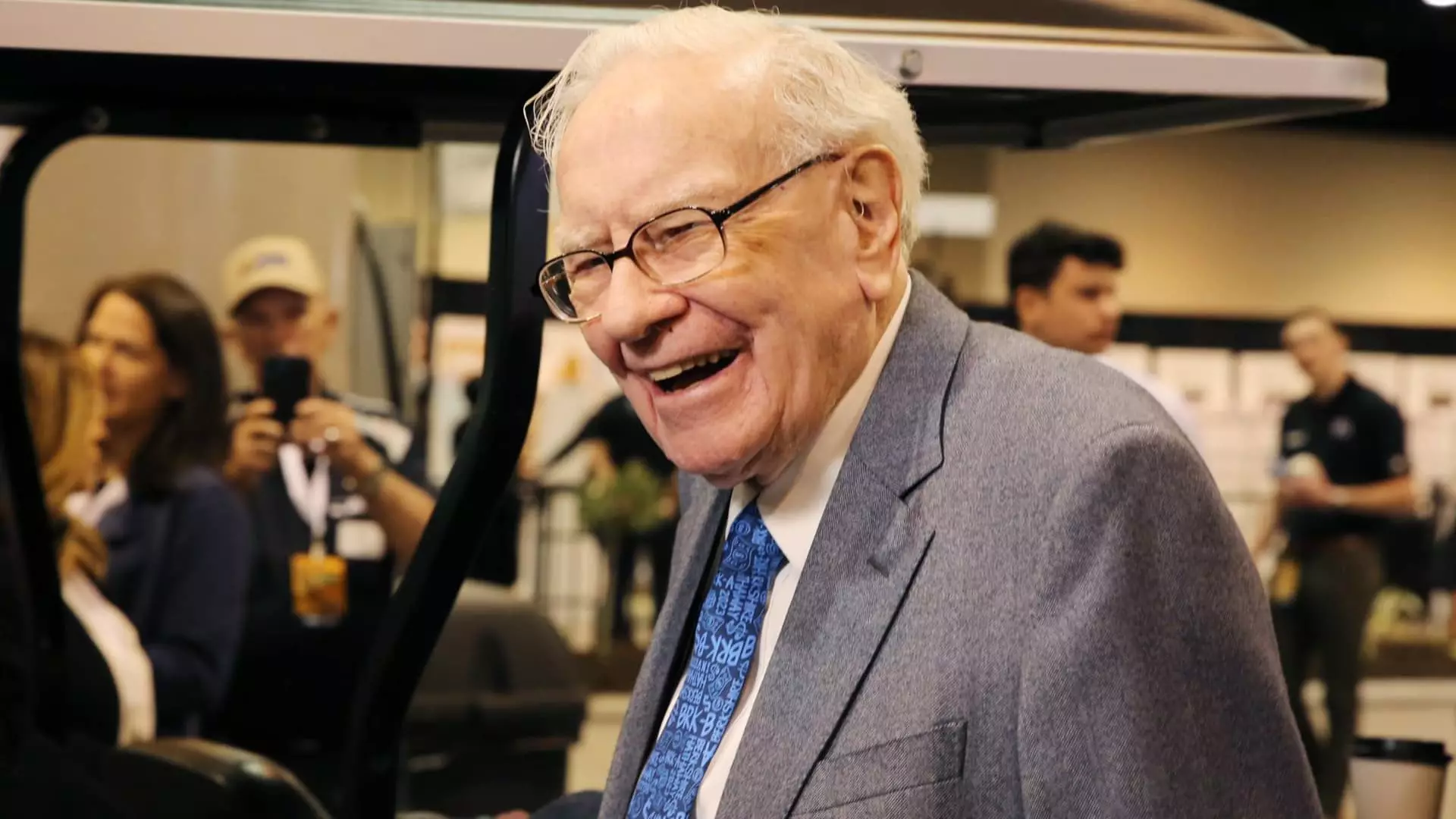Warren Buffett’s Berkshire Hathaway made history by becoming the first non-technology company in the U.S. to hit a market cap of $1 trillion. The Omaha-based conglomerate’s shares have surged more than 28% in 2024, outperforming the S&P 500’s 18% gain. This achievement comes just two days before Buffett’s 94th birthday, adding to the significance of the milestone.
Berkshire Hathaway, known for its old-economy focus, owns a diverse range of businesses including BNSF Railway, Geico Insurance, and Dairy Queen. Despite this, its sizable Apple position has played a significant role in driving recent gains. Buffett’s visionary leadership transformed a struggling textile business into a conglomerate that spans insurance, railroad, retail, and energy sectors, boasting an unmatched balance sheet.
In recent times, Buffett has taken a defensive stance by selling off a substantial amount of stock, such as half of his Apple stake, while increasing Berkshire’s cash reserves to a record $277 billion by June-end. While Buffett is known for not trying to time the market, his actions have sparked speculation among investors about his views on the economy and market valuations.
Berkshire invests the majority of its cash in short-term Treasury bills, with holdings exceeding those of the U.S. Federal Reserve. The $1 trillion market cap raises questions about investor sentiment towards Berkshire – whether it’s a bet on the American economy and Buffett’s business empire or a play on Berkshire’s reputation as a cash fortress that can weather uncertain macroeconomic conditions.
The conglomerate initiated a selling spree of Bank of America shares in July, disposing of over $5 billion worth of the bank’s stock. Despite this, Berkshire’s strong second-quarter earnings prompted analysts to increase their earnings estimates for 2024 and 2025, citing higher investing income and underwriting results across its insurance businesses like GEICO.
UBS analyst Brian Meredith sees Berkshire’s market value continuing to rise, with a 12-month price target of $759,000 for the A shares. Berkshire’s original Class A shares maintain a high price tag, reflecting Buffett’s decision to never split the stock in order to attract quality-oriented, long-term investors. The Class B shares introduced in 1996 cater to smaller investors looking to have a stake in Buffett’s performance.
Warren Buffett’s Berkshire Hathaway’s journey to a $1 trillion market cap is a testament to Buffett’s astute leadership and the conglomerate’s diversified business portfolio. As one of the most respected investors in the world, Buffett’s moves are closely watched by investors and analysts alike, shaping market perceptions and influencing investment decisions. Berkshire’s evolution from a struggling textile business to a powerhouse in various industries showcases the resilience and adaptability of Buffett’s investment philosophy, making it a cornerstone of the financial markets.

